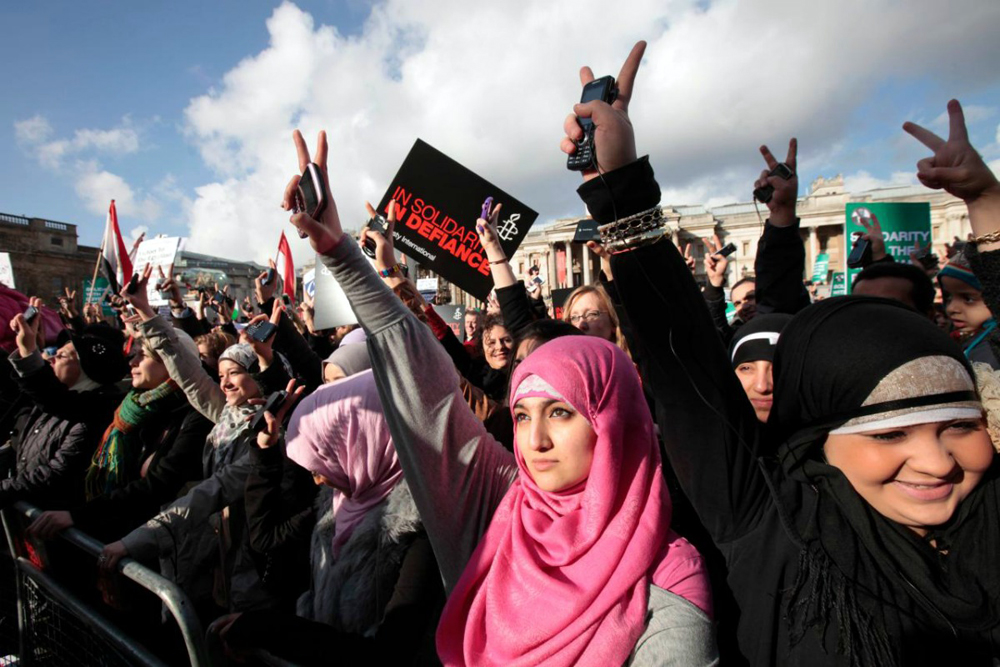
Historically, women have played an important role in cultivating and maintaining Islamic knowledge. Their involvement in religious scholarship –– and in the Islamic disciplines in general –– continued for hundreds of years, although their contributions have declined in the last few centuries for a variety of reasons. As more Muslim women begin to produce scholarship, however, particularly in the field of Islamic law, changes are unfolding in the face of Islamic religious authority.
That change, as well as the promise of greater adoption of the egalitarian principles of Islam, is the central theme of the third annual Graduate Student Islamic Studies Conference at UC Santa Barbara. "Reconstituting Female Authority: Women's Participation in the Transmission and Production of Islamic Knowledge" will take place March 8-10 in the campus's Loma Pelona Center. The conference is free and open to the public.
"Muslim women activists and scholars of Islamic studies are helping shape the Islamic discourse in both Muslim-majority countries and Diaspora settings," said Samaneh Oladi Ghadikolaei, a doctoral student in religious studies at UCSB and an organizer of the conference. "Muslim women's movements in the 21st century have contributed to creating social and anthropological knowledge that affects legal institutions and the nature of law making in Islam."
Among the keynote speakers are Kathleen Moore, professor of religious studies at UCSB; Amina Wadud of Starr King School for the Ministry; and Khaled Abou El Fadl of UCLA. Plenary speakers include Zainab Alwani of the Howard University School of Divinity; Mirjam Künkler of Princeton University; and Asma Sayeed of UCLA.
"This conference will explore the diverse range of women's religious leadership in contemporary Muslim communities around the world," said Moore. "The acceptance of female authority in mosques and Islamic schools is a significant change from much historical practice, and may be signaling the mainstream acceptance of women's participation in many places where it has been marginalized or restricted altogether. We will be discussing the emergence of female authority in realms of theological, intellectual, and political thought and practice, the limitations put upon it, and its wider impact."
According to Moore, the need for a conference such as this has become apparent just in the past decade as the global discourses about human rights and religious ideologies have polarized around questions of women's rights. Engaged scholarship will be showcased here, she said, including keynote addresses by world-renowned scholars who are advancing a gender-conscious approach to study text and practices.
"Muslim women are once again attempting to reconstitute their authority and reclaim their positions as jurists and religious scholars," continued Ghadikolaei. "This increase in women's scholarship and activism is happening organically. Conference participants will become familiar with the developing movement among Muslim women, who are moving away from the patriarchal Islam toward an egalitarian Islam."
The conference will offer participants a rare opportunity to become acquainted with modern Muslim women who have a solid command of the Islamic tradition seamlessly fused with Western scholarship, she said.
More information about the conference, including a complete schedule of events, can be found at https://sites.google.com/site/ucsbgsisc/conference-schedule.
Related Links



